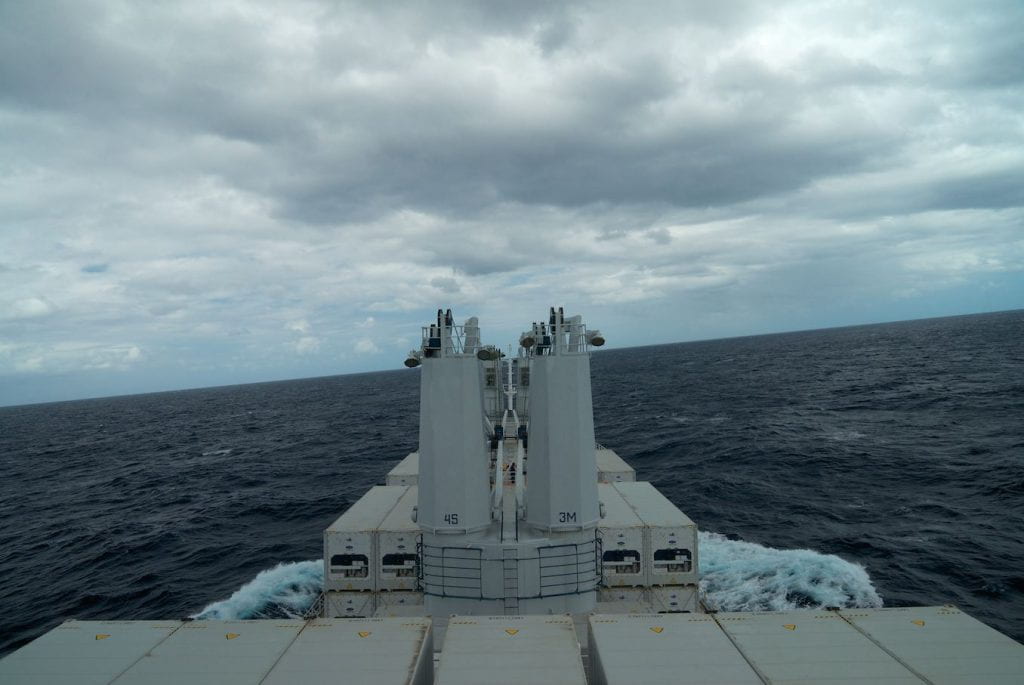This week I watched Alas de mar (‘Ocean Wings’), a 2016 documentary directed by Hans Mülchi which follows two members of the Kawésqar indigenous community as they return to their ancestral lands in the far south of Chile. To say ‘ancestral lands’ is a little misleading, though, as in the Patagonian archipelago and in Kawésqar culture, the surrounding ocean matters just as much.
Alas de mar grew out of Mülchi’s previous documentary, Calafate, zoológicos humanos (2010), which addressed the exhibition of indigenous people from Tierra del Fuego in human zoos in Europe in the late 19th century. During that project, Mülchi met Celina and Rosa, two members of the Kawésqar community, who then became the protagonists of Alas de mar.
Over the next couple of months, I’ll be focusing my research on how indigenous relations to coastal and marine environments are represented in Chilean and Peruvian culture, as part of a short visiting research fellowship at the University of Edinburgh’s Institute for Advanced Studies in the Humanities. The way in which Alas de mar deals with this issue caught my attention for a couple of reasons.
The first is the prominence given to Kawésqar voices. Mülchi’s voiceover is sparse and reflective: he notes that he will never be able, as a filmmaker, to recreate how the Kawésqar saw and experienced the world before their near-extermination in the early 20th century. We hear much more from Rosa and Celina than we do from him. In one particularly touching sequence, Rosa patiently demonstrates a traditional form of weaving to an anthropologist travelling with the group, who is struggling to pick it up.
Alongside this active transmission of cultural knowledge, the film contains many sequences filmed from the group’s boat, which simply show the sea, the mountains, and the plant and animal life to be found there, sometimes accompanied by ethereal music. We also often see members of the travelling group in moments of quiet observation.
What Mülchi’s reflexive documentary suggests, I think, is that while it may not be possible for a filmmaker to recover or represent near-vanished modes of relating to the world, the effort and the attention are still worthwhile, and can still lead to a new appreciation of environments and cultures that are under threat.
Alas de mar is an interesting counterpoint, in this sense, to Patricio Guzmán’s El botón de nácar (The Pearl Button, 2015). I’ve written elsewhere about my unease with the way in which Guzmán confidently translates indigenous cultures through his own experience, and it’s intriguing to compare his work with a film that is superficially similar but ultimately very differently constructed.
This question of how to film (or indeed to write about) indigenous relations to the natural world is a complex one, to say the least, and I’ll no doubt return to it in the coming months…
PS I was intrigued, if not entirely surprised, to learn that the director of photography for Alas de mar was none other than Enrique Ramírez, who I spoke to about his fascination with the sea for this blog.



